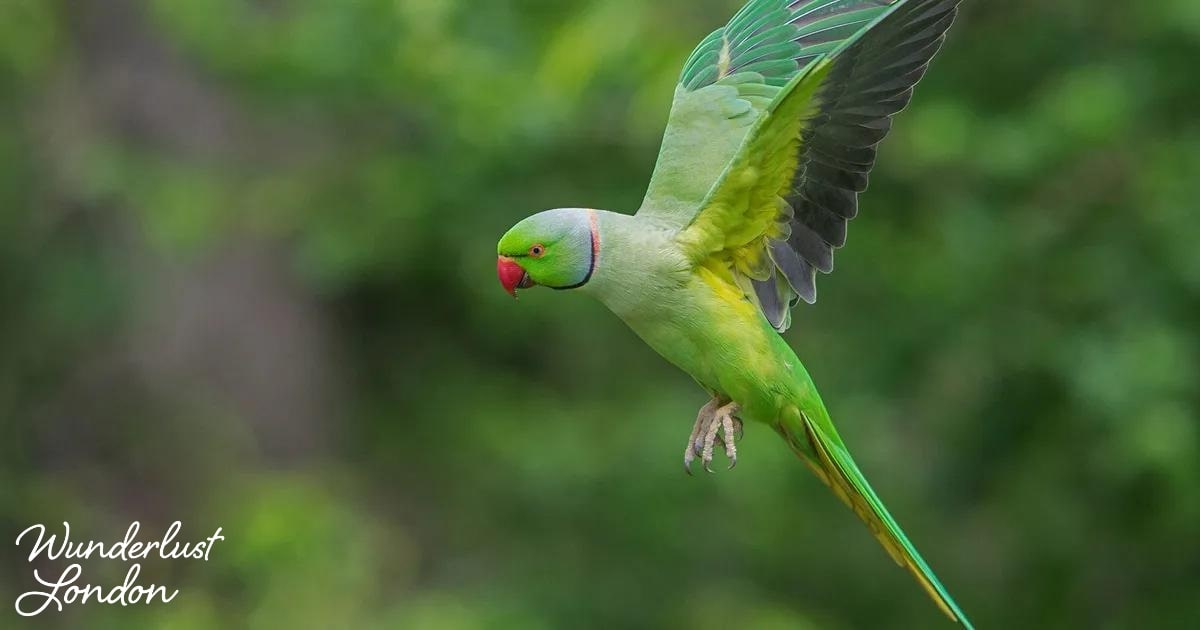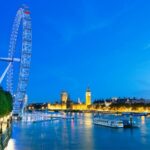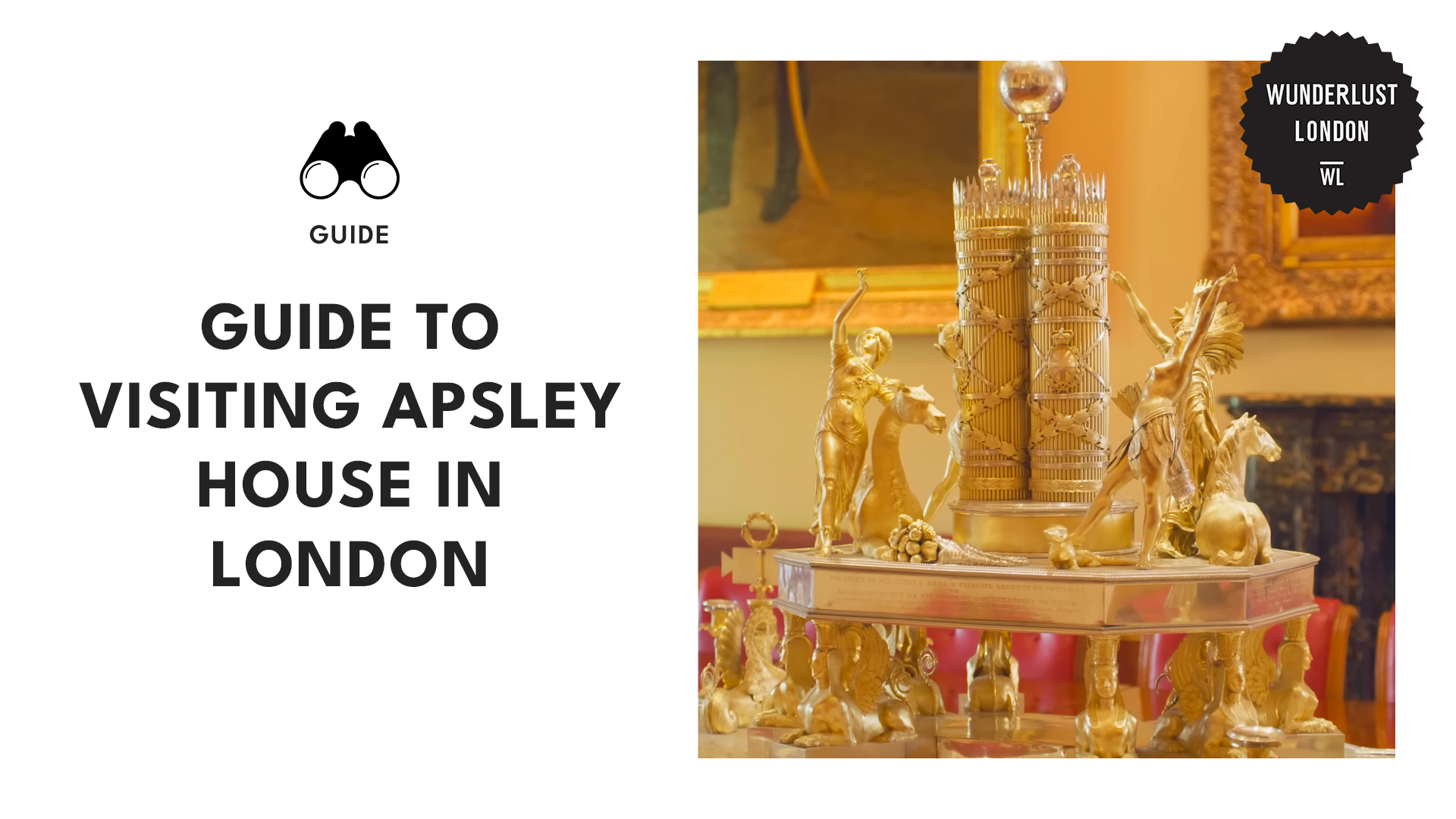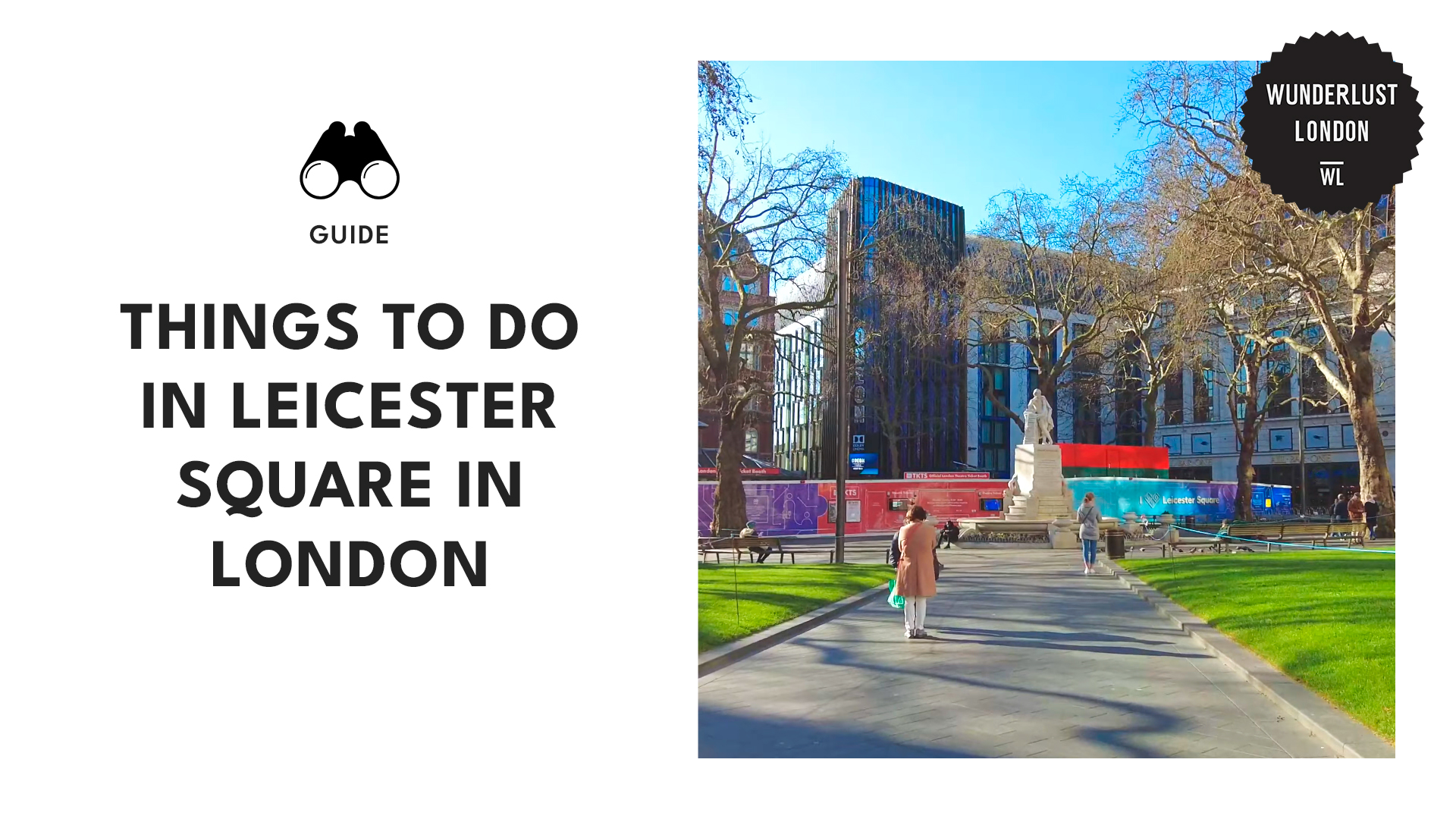London, the city of fog, tea, and… parakeets? That’s right, you’re not seeing things – London’s skyline is graced not only by towering skyscrapers and historic landmarks but also by the presence of these feathered, green-clad residents.
If you’ve ever wondered why London has become the unexpected playground for these lively little birds, you’re not alone.
In this blog post, we’re going to uncover the intriguing tales and the truth behind why parakeets have made themselves at home in England’s capital. So, join us as we explore the world of parakeets in London, where tea-time conversations have a whole new meaning.
Where did London’s parakeets supposedly come from?
The Great Storm of 1987
Media from worldelsewhere
It was the night of October 15, 1987, and a ferocious storm was brewing over the United Kingdom. The wind was howling, trees were swaying like never before, and chaos ensued. This tempest was no joke, mate, and it left a trail of destruction in its wake
This storm, also known as the “Great Storm” or “The Big Wind”, did more than just knock over a few fences. It unleashed nature’s fury, tearing down countless trees across London.
With their tree-dwelling habitat disrupted, the parakeets had to find new homes, and London’s parks and gardens became their cosy, makeshift residences.
They escaped the set of The African Queen
Media from tobe.sobe
During the filming of “The African Queen”, which took place in Uganda, a group of Indian Ring-Necked Parakeets decided to pull off the most daring escape act Hollywood had ever witnessed.
These green birds, native to South Asia, found themselves far from home, surrounded by the exotic African landscape created for the film. It was an unexpected turn of events, to say the least!
Now, you might wonder how these parakeets ended up in London. Well, it turns out that some of the crew members and cast, including the feisty parakeets, hopped aboard a ship bound for London after the film wrapped up and escaped from their cages.
Jimi Hendrix
Media from kaznealimages
Back in the swinging ’60s, London was the epicentre of the counterculture revolution. It was the era of peace, love, and some of the most iconic music in history. Jimi Hendrix, the guitar god himself, was drawn to London’s electric atmosphere
Now, you might be wondering how a person like Hendrix connects to parakeets. Well, while Jimi was busy shredding his guitar and making musical history, he also had a fondness for feathered friends. Rumour has it that he kept a pair of parakeets as pets in his Mayfair apartment.
They were ring-necked parakeets, originally hailing from far-off lands like India and Africa. Jimi’s colourful companions soon became a part of the London scene, quite literally. They weren’t content with just staying indoors, so they took flight and decided to explore the city.
They escaped a pet shop in Sunbury
Media from apollo.sky.ringnecks
While it’s often said that a group of these vibrant birds made a daring escape from a pet shop in Sunbury in 1970, it’s essential to remember that this is just one theory, and the full story remains a bit of an enigma.
What we do know, however, is that these clever birds didn’t just fly off into the wild unknown without a plan. They found in London a city that welcomed them with open branches, quite literally. The city’s lush parks and leafy suburbs provided the ideal place for these escapees.
The truth behind London’s abundant Parakeets
Media from batterseabeat
While tales of daring escapes from pet shops and movie sets sound thrilling, the actual story behind London’s parakeet population is far less sensational. Scientists have donned their detective hats, and here’s what they’ve uncovered.
There’s no precise date or location where the parakeets first touched down in London. It wasn’t a grand event in a single place or time. Recorded sightings of these colourful birds date back to the rather unglamorous year of 1893 when a pair was spotted in Dulwich.
They were a novelty back then, but fast forward to today, and spotting a parakeet in London is as common as glimpsing a pigeon in Trafalgar Square.
So, why did parakeets make London their home?
Lush oasis of London
Media from lucymowatt
The city is a lush oasis with an abundance of green spaces. In fact, it’s so green that it falls within the United Nations’ definition of a forest! These parakeets, accustomed to chillier climes like the lower Himalayas, found London’s relatively warm and wet winters to be a piece of cake.
London’s climate
Media from seashorepics
London’s relatively mild climate provides a suitable habitat for parakeets. They can survive year-round without facing extreme cold temperatures that would limit their distribution.
London’s lack of predators
Media from markcox_1973
Parakeets in London face fewer natural predators here compared to what they get in their native habitats. This lower predation pressure allows their populations to thrive.
Plus, parakeets face less competition from native bird species for resources, which can contribute to their population growth.
Frequently asked questions about parakeets
Parakeets typically live for about 7 to 15 years, but with proper care and a healthy environment, they can sometimes live even longer.
There are different types of parakeets, including Budgerigars (Budgies), Indian Ring-Necked Parakeets, Lovebirds, Monk Parakeets (Quaker Parrots), Lineolated Parakeets (Linnies), Pacific Parrotlets, Alexandrine Parakeets, Bourke’s Parakeets, and Plum-Headed Parakeets.
The best food to feed parakeets is a combination of high-quality parakeet pellets, fresh fruits, and vegetables, supplemented with occasional treats like millet sprays, while always ensuring they have access to fresh water.
Some of the things that parakeets like to do are socialising, playing with toys, and even flying and singing.







